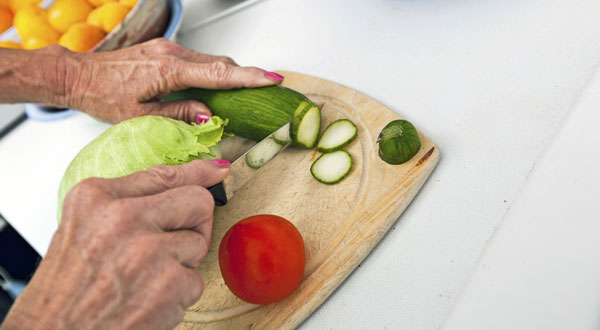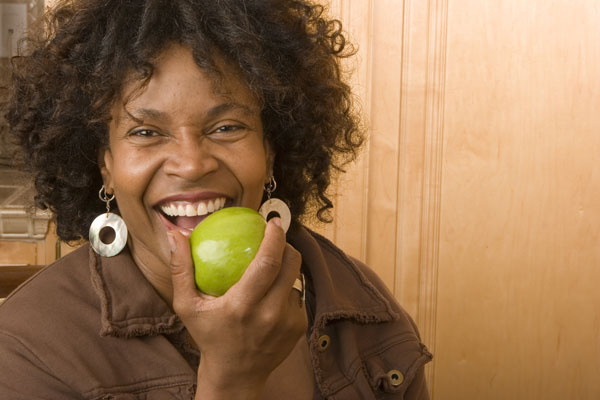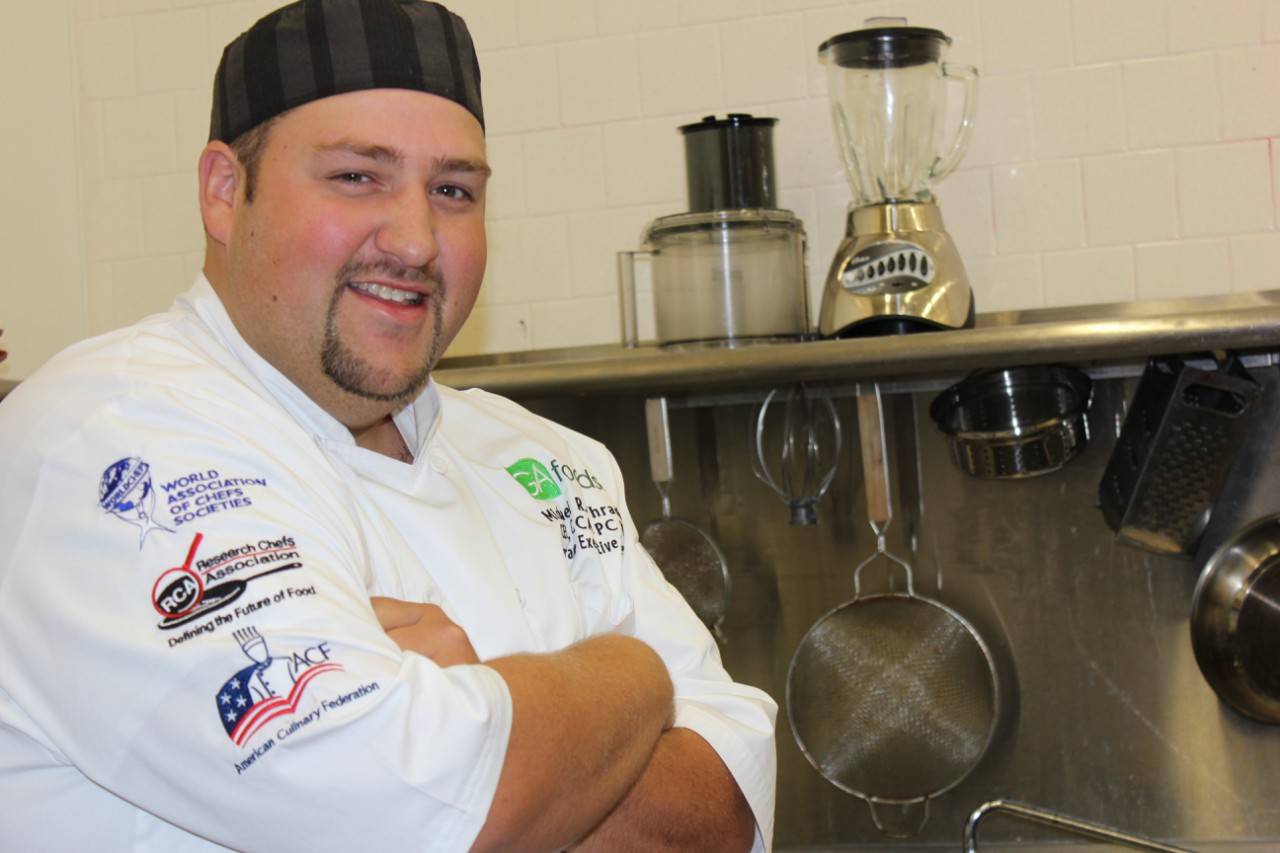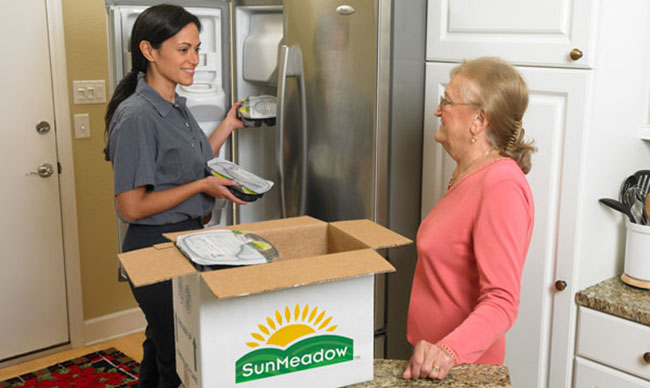Medicare open enrollment is happening right now, so it's time to enroll in a Medicare plan by going to the Medicare.gov website. Open enrollment closes on December 7, and new Medicare coverage begins on January 1, 2018.
Topics: Medicare, Healthcare Research, Senior Health Plans, Senior Nutrition
What are the Nutrition Strategies for Baby Boomers and Wellness?
Posted by Maureen Garner, MS, RD, LD on Aug 30, 2017 11:00:00 AM
This is the fourth article in a 4-part series on the role that nutrition plays in the health of Baby Boomers. Click here to read more articles about Baby Boomers.
Often, the terms "health" and "wellness" are used interchangeably. Do these terms mean different things? As a matter of fact, they do. Whereas most of us have a pretty good grasp of what it means to be healthy or fit, wellness is a bit more elusive and hard to pin down. How do you know you've achieved it?
Topics: Nutrition, Chronic Disease Management, Aging Well, Senior Nutrition, Baby Boomers
Baby Boomers and Functional Foods - Myth vs. Facts
Posted by Maureen Garner, MS, RD, LD on Aug 23, 2017 11:00:00 AM
This is the third article of a 4-part series on the role that nutrition plays in the health of Baby Boomers. Click here to read part one and here to read part two.
Functional foods, sometimes called nutraceutical foods, are foods that offer health benefits that go beyond providing basic nutrition. They contain health-boosting nutrients or additives that have in many cases been shown to possess medical benefits.
Topics: Nutrition, Senior Nutrition, Baby Boomers
What are the Strategies for Boomers Managing Chronic Disease?
Posted by Maureen Garner, MS, RD, LD on Aug 16, 2017 11:00:00 AM
This is the second article of a 4-part series on the role that nutrition plays in the health of Baby Boomers. Click here to read part one.
Topics: Nutrition, Senior Nutrition, Baby Boomers
Why Should Baby Boomers Care About Nutrition?
Posted by Maureen Garner, MS, RD, LD on Aug 9, 2017 2:03:54 PM
This is the first article of a 4-part series on the role that nutrition plays in the health of Baby Boomers.
Topics: Senior Health, Advice from Dietitians, Senior Nutrition, Baby Boomers
We know avoiding hospitalizations is a top priority for health plans. One way to keep your members out of the hospital, and to reduce the chance of readmission, is to prevent malnutrition. In fact, roughly one-third of patients who are not malnourished at admission will become so during their stay. Weight loss, being underweight, and failure-to-thrive/malnutrition have all been associated with readmission within 30 days of discharge.
Topics: Home Delivered Meals, Malnutrition, Post Discharge, Senior Nutrition
GA Foods is proud of our Executive Chef, Mike Thrash. Chef Mike is a graduate of Johnson and Wales University and joined GA Foods in 2014. An award-winning chef, he enjoys creating new ways to reformulate recipes and enhance flavors, making him our secret ingredient for healthy meals senior adults love!!!
Topics: Senior Health, Healthy Home Delivered Meals, Healthy Meals for Seniors, Senior Nutrition
Does your grandpa have the meal support he needs?
Posted by Maureen Garner, MS, RD, LD on May 26, 2017 9:46:06 AM
Topics: Senior Health, Food Insecurity, Healthy Meals for Seniors, Senior Health Plans, Senior Nutrition
According to The National Aging in Place Council (NAIPC), more than 90 percent of older adults prefer to stay in their homes rather than move to a senior facility. One of the challenges you face as a case manager is helping seniors to age in place. People want to stay in their homes because they are most comfortable with what is familiar.
Topics: Home Delivered Meals, Nutrition Care, Care Managers, Aging Well, Senior Nutrition
As a caregiver, you have many things to worry about. Food safety shouldn’t be one of them. When choosing a home-delivered meal provider, food safety and quality should be top priorities. Selecting a provider that uses extensive food preparation safety procedures with a safe delivery model will provide peace of mind.
The “cold chain” process is one of the most effective and reliable methods of assuring food safety. This process ensures that food is maintained at temperatures that prevent the growth of harmful bacteria that can make you sick.
The cold chain process transports perishable foods without using harmful preservatives and additives. This continuous cold chain ensures seniors will receive safe and healthy meals.
Here are some questions to ask when comparing home-delivered meal providers:
- Is the food prepared fresh in an USDA-inspected facility?
- Are the meals flash frozen to -19° F?
- Is the food maintained in a cold storage at -10° F until delivery?
- Is the food delivered to homes in specially-designed freezer trucks?
- Do they have specially-trained drivers unpack meals and store them in freezer until ready to eat?
Topics: Nutrition, Home Delivered Meals, The Cold Chain, Food Safety, Caregivers, Healthy Meals for Seniors, Senior Nutrition















